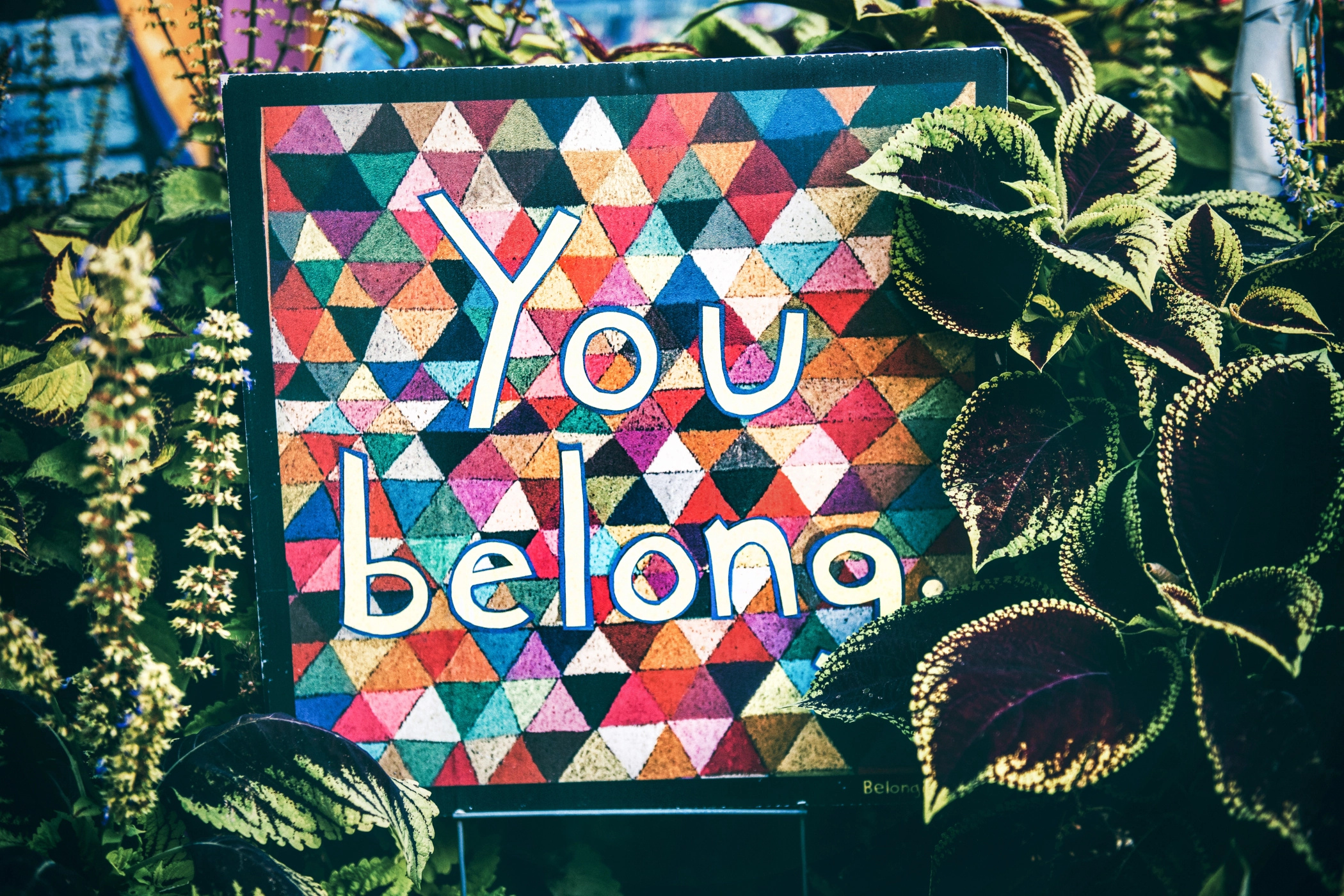Just over a year ago, I was listening to a podcast when one of the hosts said he didn’t understand why diversity is important in media. I remember, because I had been listening to these people for years, and this episode came out the day before Pride Month. He didn’t need characters to be short, hairy Italians—like him—to find them relatable. Including characters of colour or of other gender or sexual identities just seemed forced to him.
“It feels forced” isn’t a new argument among people who are definitely not racist, homophobic, or transphobic, but merely concerned about the purity of a story’s artistic vision. The problem with this argument, if we are to take it at face value, is it assumes the existence of a default, usually the visible majority in the region. In North America, this has resulted in an embarrassment of stories filled with white characters who happen to be cis, straight, and usually male. Throw in a female love interest and a token “diverse” character, and voilà! A full cast. And yes, that token BIPOC or queer person stands out because they’re the only one around. Ironically, their diversity reinforces the default. It becomes easy to think the creative team included a Black character, for instance, just to check off a box.
Instead of a bunch of straight white guys, imagine if you will a truly diverse cast. When we excise the notion of a default appearance or identity, no character clashes with the rest based on these characteristics alone. They all feel like they belong. This sense of belonging lies at the heart of why representation in media is so important. It is also two-pronged, affecting on the one hand people who share these characters’ identities in ways big and small, and on the other, everyone else.
When we don’t see people like us on the screen or read about them in books, we internalize even more that we are something “other,” something outside the norm. We start doubting whether there’s a place for us in this world, whether we’re wanted. Indeed, there are plenty of people clamoring for us to NOT be included, because we’re not normal (read: like them). But when we do see ourselves and read about ourselves, we realize that there is a place for us, and that others think so too, which is powerful in itself.
Meanwhile, the more others see us in media, the more “normal” it seems. This is especially true when we’re not just token characters whose inclusion feels “forced.” They might whine at first or even raise their pitchforks when we dare to invade mainstream franchises, but one day, queer and nonbinary characters will be everywhere as a matter of course, and failure to include them will be (even more) notable.
To return to our podcast host’s argument, representation isn’t about empathy. Stories shouldn’t include queer characters, for example, because queer people wouldn’t be able to put themselves in hetero shoes. They should include them because they belong, and that’s a message we all need to hear.
